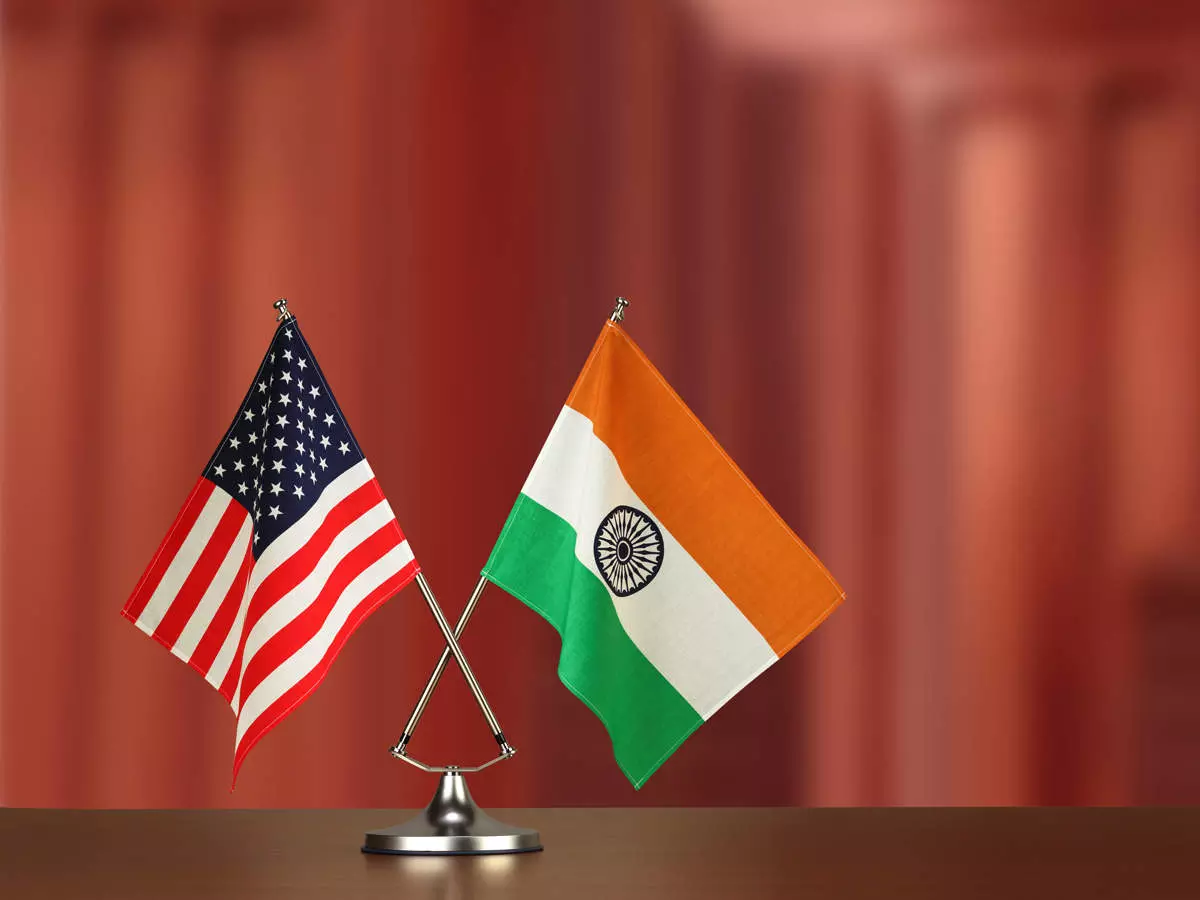US, India Should Iron Out Trade Data Anomalies
Further, India needs to identify tariff lines where India can eliminate tariffs for US imports without harming domestic industries and agriculture.

Chennai: India should correct the trade data anomalies with the US first before getting into a bilateral agreement. It can also propose a zero for zero tariff strategy to minimise the impact of reciprocal tariffs instead of bilateral trade.
Before entering talks, India has to correct the discrepancies in the trade data reported by India and the US for CY 2024, finds GTRI. According to India's Directorate General of Commercial Intelligence and Statistics (DGCI&S), India's exports to the US was $73.7 billion and imports from the $39.1 billion.
However, as per US data, India's exports to the US stood at $91.2 billion, while imports from India were $34.3 billion. This large gap in reported figures needs to be reconciled before any trade negotiations proceed.
Further, India needs to identify tariff lines where India can eliminate tariffs for US imports without harming domestic industries and agriculture.
“We may exclude most agriculture lines from this list. To prepare such a list, India can refer to its FTA tariff offers to Japan, Korea, and ASEAN as a starting point. This list should be discussed with the US before April, ahead of its reciprocal tariff announcement,” said Ajay Srivastava, founder, GTRI. If the US accepts, reciprocal tariff may be very low or near zero for India.
Though this zero for zero tariff strategy violates WTO MFN rules, it is less harmful compared to negotiating a full FTA, which could force India to make difficult concessions, such as opening government procurement to US firms, reducing agriculture subsidies, weakening patent protections, and removing data flow restrictions.
Further, many trade issues generally discussed in an FTA are already covered under the US-led Indo-Pacific Economic Framework (IPEF), where India is a member. Trump's tariffs on Mexico and Canada, despite the USMCA, the free trade agreement among the three countries, signal his skepticism toward FTAs.
“If the US rejects the zero-for-zero proposal, it means tariffs are not the real issue, but a tactic to pressure India for concessions in other areas. In such a case, India should refuse to negotiate and retaliate against unreasonable demands, taking lessons from China's approach,” he said. China has retaliated with counter-tariffs and launched antitrust probes into Nvidia and Google.

